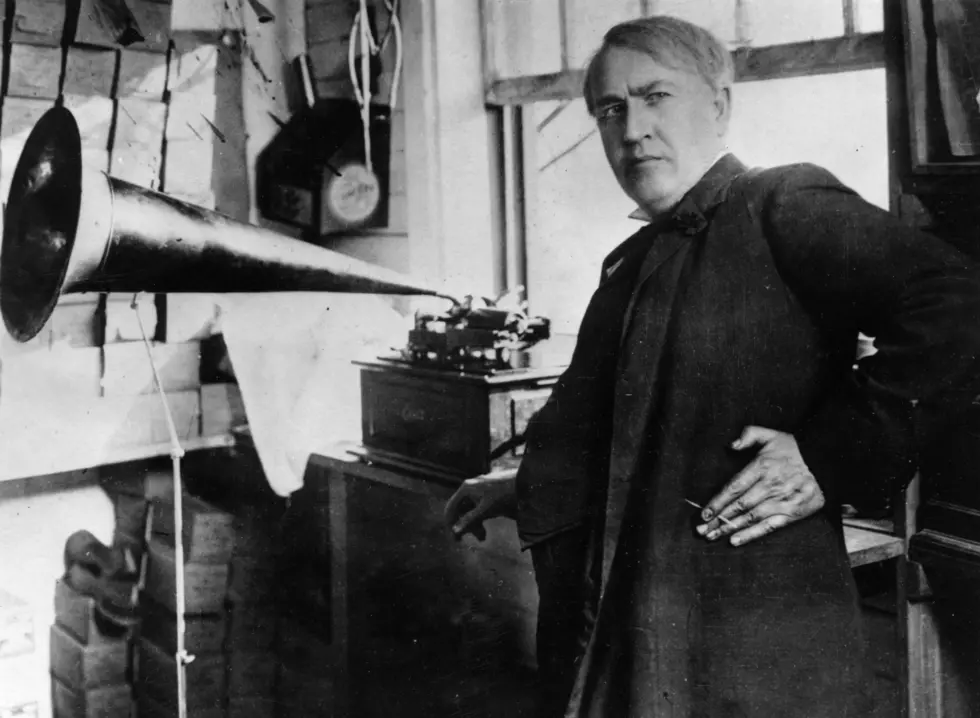
Stephanie Kwolek, Kevlar inventor, dies at 90
DOVER, Del. (AP) -- Police Lt. David Spicer, who dons protective body armor as part of his daily routine, will forever be grateful for the woman whose discovery of Kevlar fiber saved his life more than a decade ago - and has protected thousands of other officers and soldiers.
Stephanie Kwolek, a pioneering female chemist at DuPont, died Wednesday at a hospital in Wilmington, Delaware. She was 90.
"I know for a fact I wouldn't have been able to survive if that bullet entered my body," said Spicer, who credits his Kevlar vest with saving his life when a drug suspect shot him four times at point-blank range with a .45 caliber handgun in 2001. Two of the rounds shattered his left arm, ripping open an artery. A third was deflected by his badge. The last one hit his name tag, bending it into a horseshoe shape, before burrowing into his vest, leaving a 10-inch tear.
"If that round would have entered my body, I wouldn't be talking to you right now," he said.
While recovering from his wounds, Spicer spoke briefly by telephone with Kwolek and thanked her.
"She was a tremendous woman," he said.
Kwolek's groundbreaking discovery came in 1965 while she was working on specialty fibers at a DuPont laboratory in Wilmington. She discovered a liquid crystalline solution that could be spun into exceptionally strong fibers, several times stronger by weight than steel but less dense than fiberglass.
"There of course was immediate excitement because everybody realized the potential of this discovery," Kwolek said in an interview several years ago with the Smithsonian Institution's Lemelson Center for the Study of Invention and Innovation.
In a statement issued by DuPont, company CEO and chairwoman Ellen Kullman described Kwolek, who retired in 1986, as "a creative and determined chemist and a true pioneer for women in science."
Kwolek is the only female employee of DuPont to be awarded the company's Lavoisier Medal for outstanding technical achievement, being recognized as a "persistent experimentalist and role model."
"She leaves a wonderful legacy of thousands of lives saved and countless injuries prevented by products made possible by her discovery," Kullman said.
Spicer and thousands of other police officers are members of a "Survivors Club" formed by DuPont and the International Association of Chiefs of Police to promote the wearing of body armor.
But while Kevlar has become synonymous with protective vests and helmets, it originally was developed for use in automobile tires. It has since become a component of products ranging from airplanes and armored military vehicles to cellphones and sailboats.
U.S. Sen. Chris Coons, D-Del., said in a statement that Kwolek had made the world safer, calling her a legendary scientist.
Rita Vasta, a friend of Kwolek and fellow chemist who also worked at DuPont, said Kwolek had been ill about a week, although she didn't know the cause of death.
Vasta said a Catholic funeral Mass is scheduled June 28.
More From New Jersey 101.5 FM









